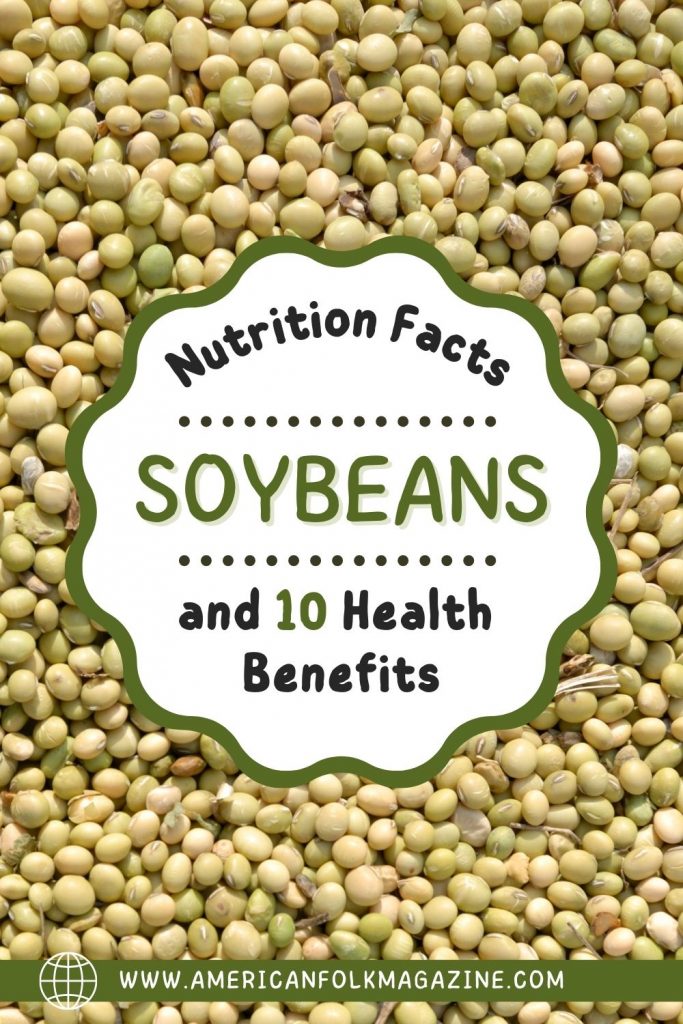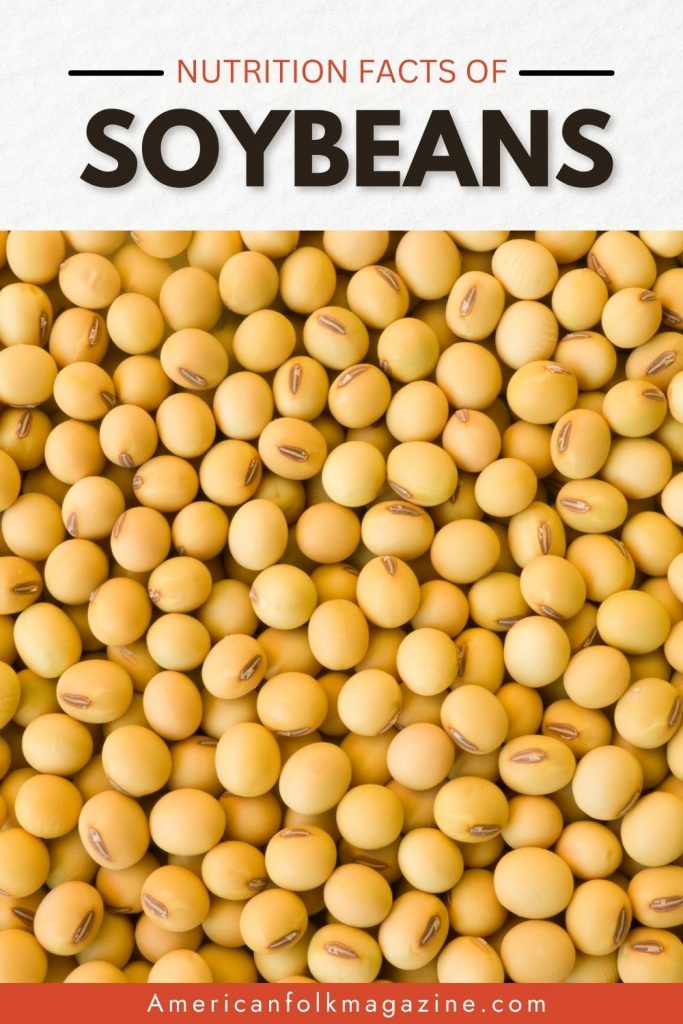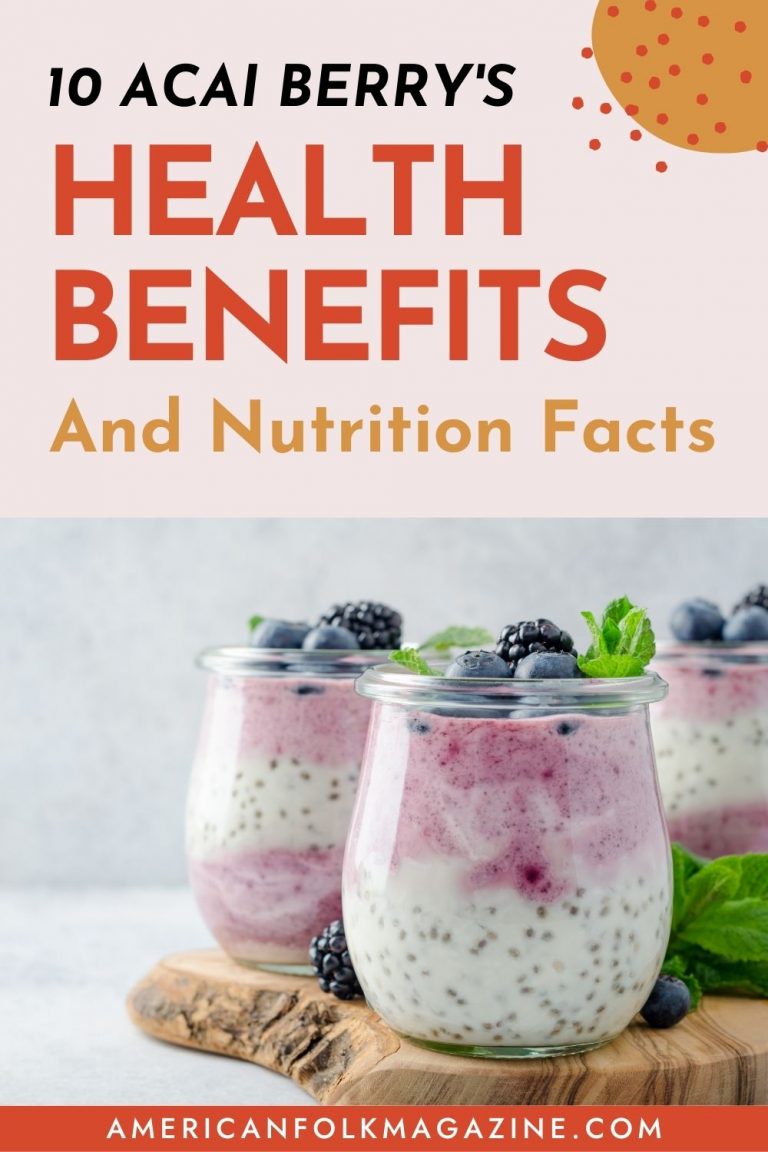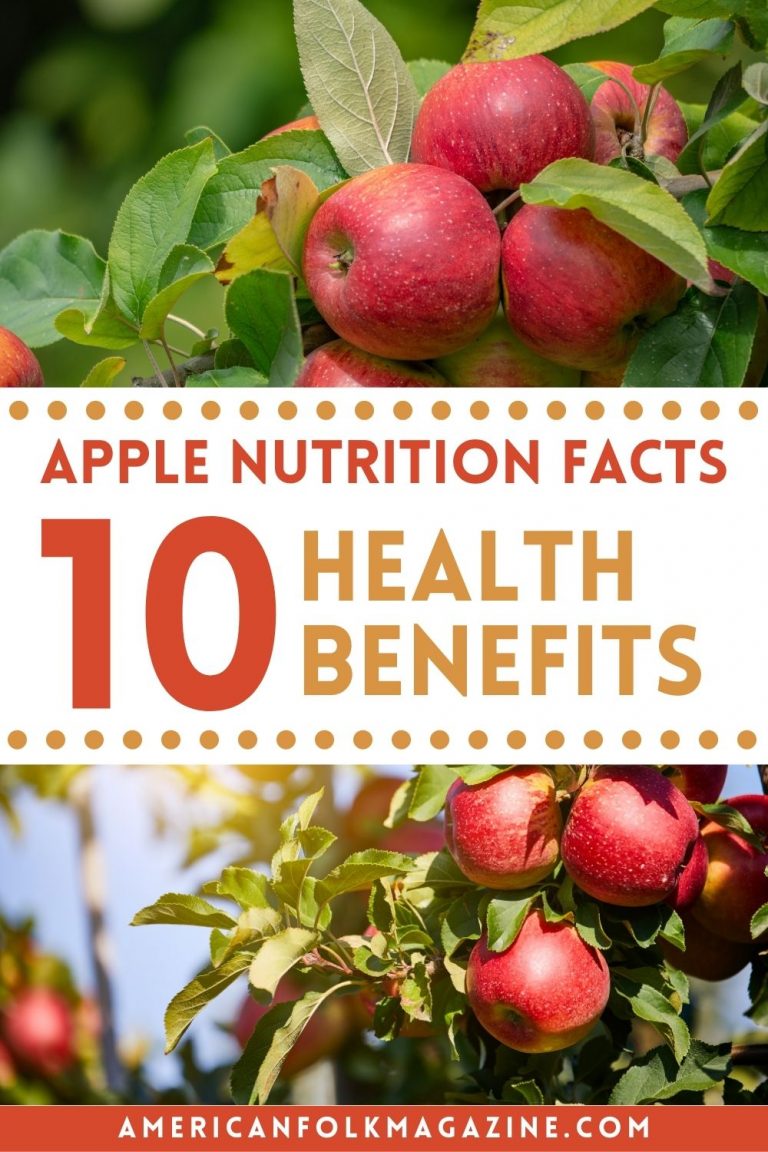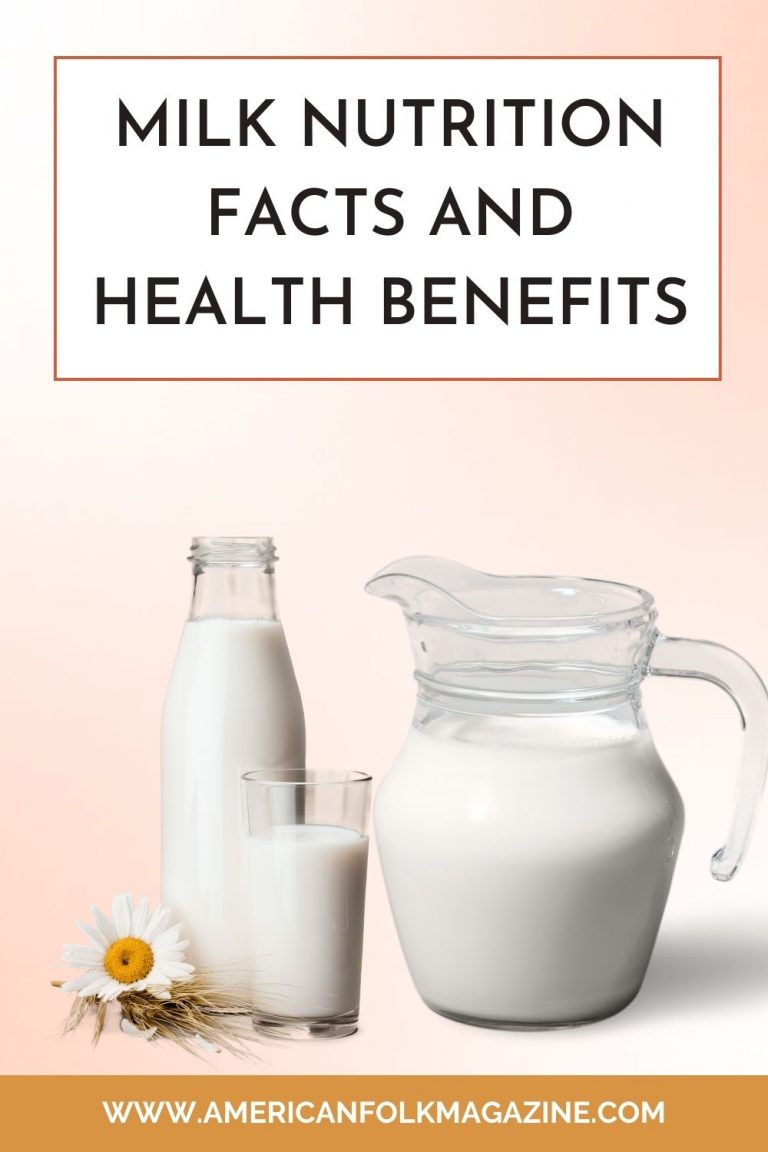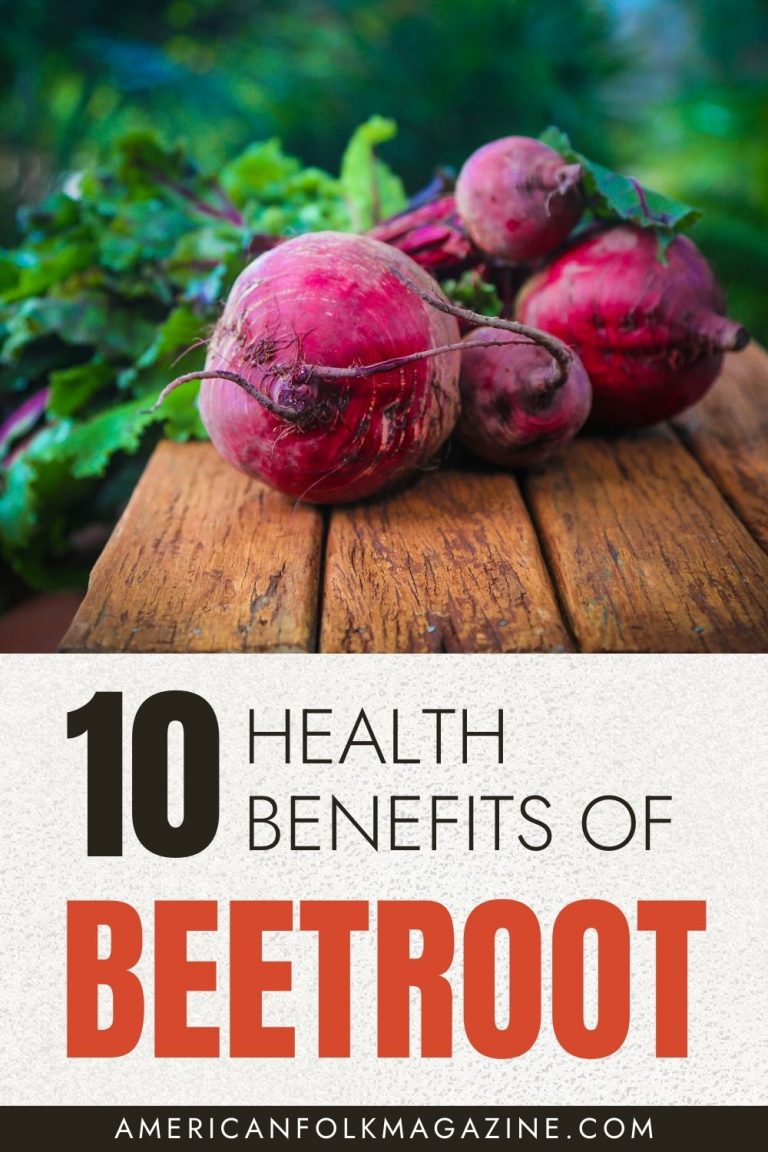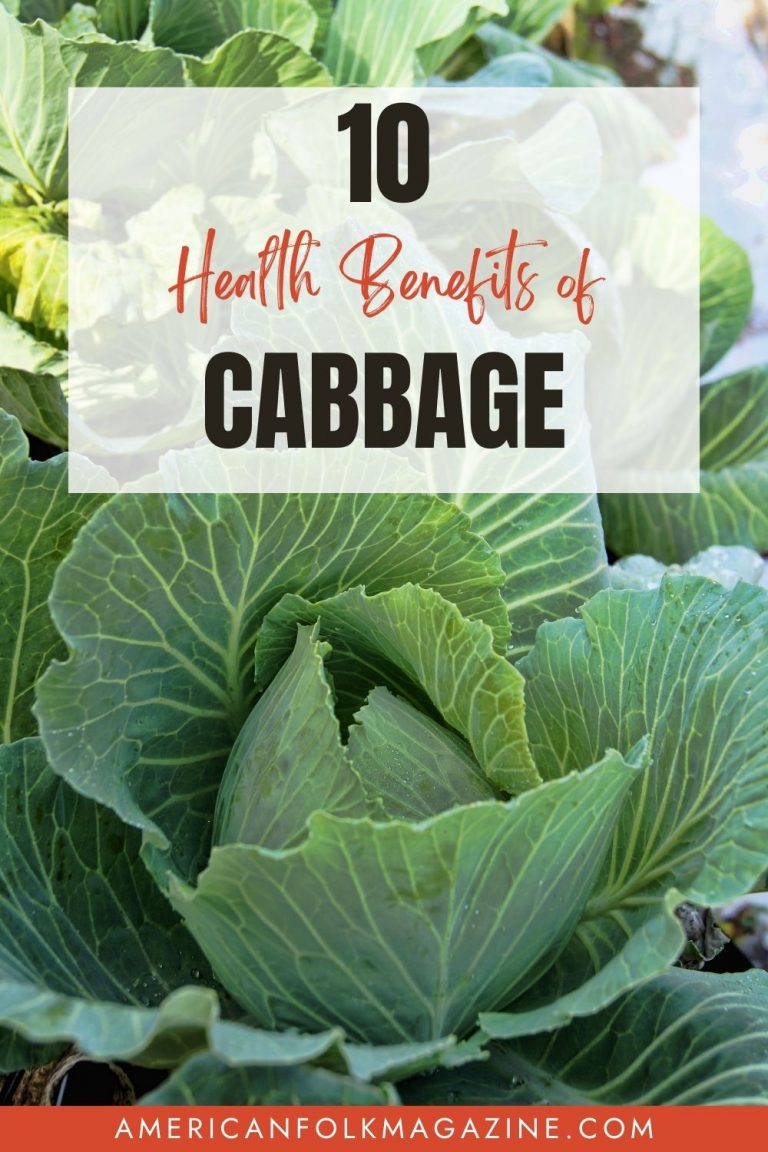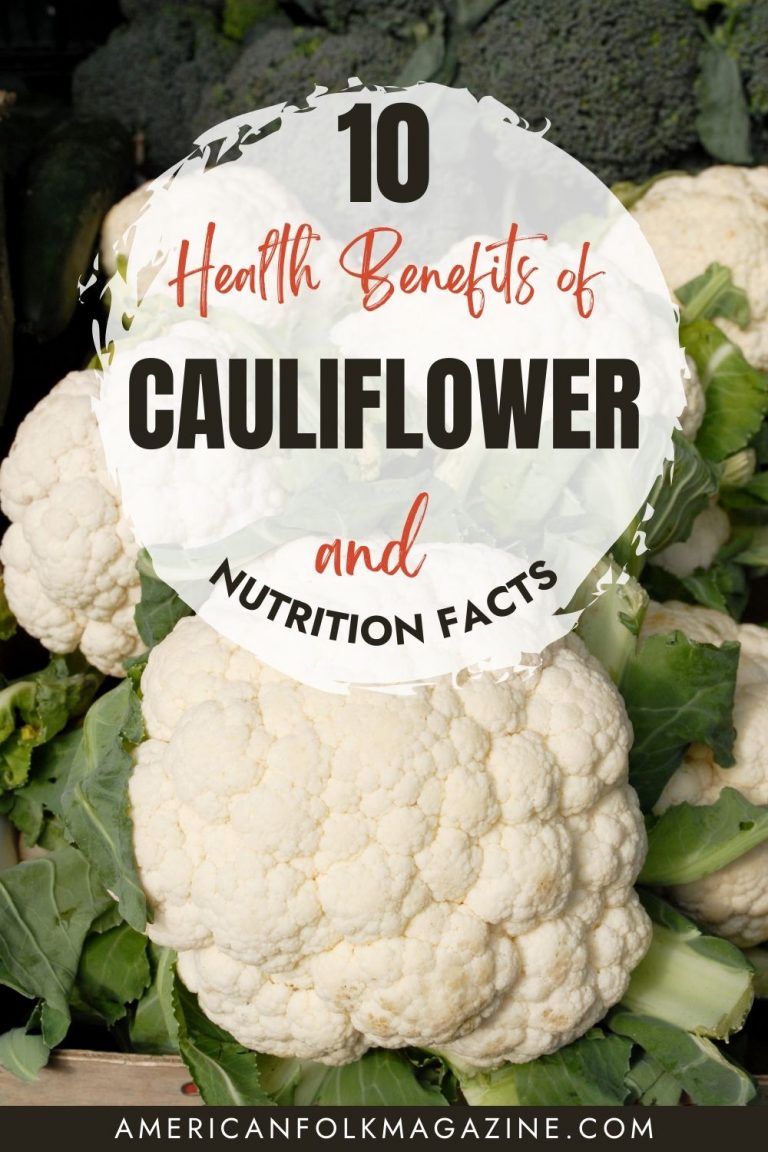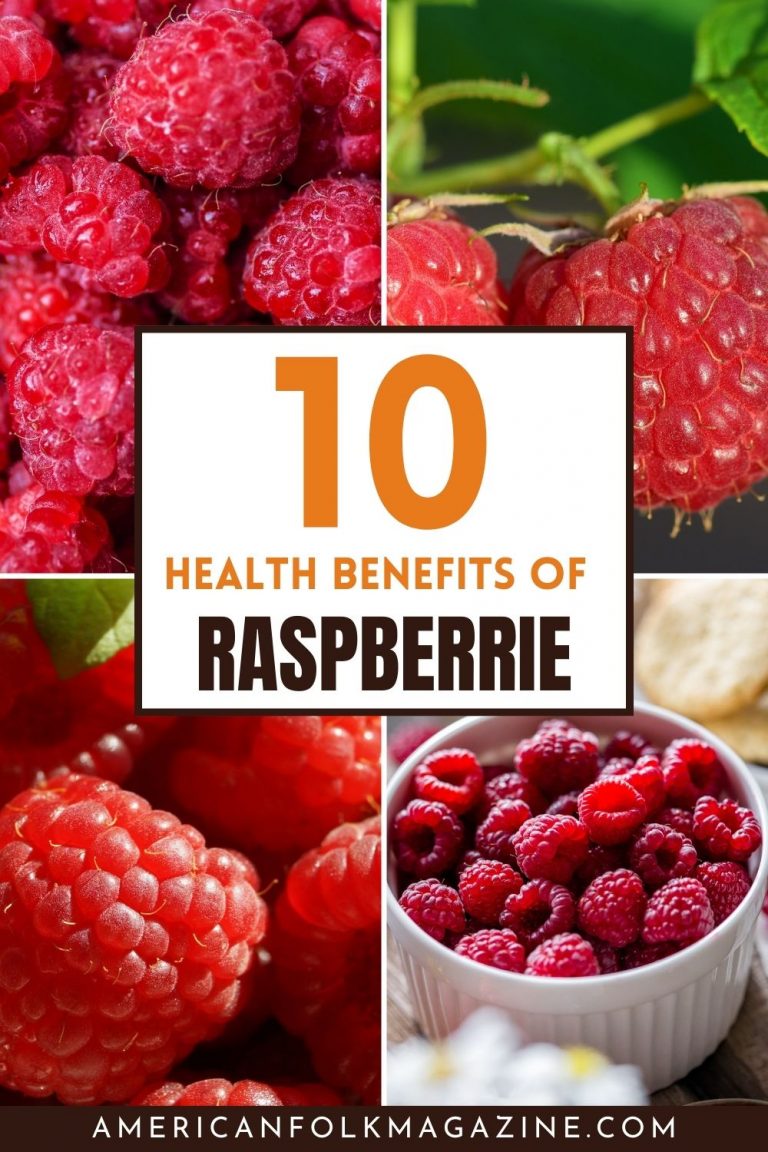Soybeans (Glycine max) are a powerhouse of nutrition, belonging to the legume family. Originating in East Asia, these small, round beans have become a staple in various cuisines around the globe.
Packed with protein, fiber, vitamins, and minerals, soybeans are often hailed as a superfood.
Whether you’re a vegetarian looking for a meat substitute or just someone aiming to boost your diet, soybeans offer a versatile and nutritious option.
Let’s explore what makes soybeans a must-have in your kitchen.
Nutritional Facts
Soybeans are more than just a tasty ingredient; they’re a nutritional goldmine. Here’s what you’ll find in a 100g serving of cooked soybeans:
| Nutrient | Amount |
|---|---|
| Calories | 173 kcal |
| Protein | 16.6g |
| Total Fat | 9g |
| Carbohydrates | 9.9g |
| Fiber | 6g |
| Sugars | 3g |
| Iron | 5.1mg |
| Magnesium | 86mg |
| Potassium | 515mg |
| Vitamin K | 33µg |
From being an excellent source of plant-based protein to providing essential minerals like iron and magnesium, soybeans are a nutritional powerhouse. They’re a friend to your heart, muscles, and overall well-being.
10 Health Benefits of Soybeans
1. Rich Source of Protein
Soybeans are a complete protein, containing all nine essential amino acids. This makes them a fantastic option for vegetarians and vegans, providing a meat-free way to get the protein needed for muscle growth and repair. From tofu to tempeh, soy products are versatile and can easily fit into various dishes.
2. Supports Heart Health
With their low saturated fat content and presence of omega-3 fatty acids, soybeans are heart-friendly. They help in reducing bad cholesterol levels and promoting good cardiovascular health. Regular consumption can lead to a healthier heart and reduced risk of heart diseases.
3. Enhances Digestive Health
The fiber in soybeans aids digestion by promoting regular bowel movements. It’s a natural way to keep things moving and avoid constipation. Including soybeans in your diet can lead to a happier digestive system and overall well-being.
4. Strengthens Bones
Rich in calcium and vitamin K, soybeans contribute to strong and healthy bones. They’re a smart choice for those looking to prevent osteoporosis or maintain bone density. It’s a natural way to keep your skeletal system robust and resilient.
5. Boosts Metabolism
The combination of protein, vitamins, and minerals in soybeans can give your metabolism a kick. It helps in energy production and can aid in weight management. Adding soybeans to your meals can lead to a more efficient metabolism and a healthier lifestyle.
6. Regulates Blood Sugar
Soybeans have a low glycemic index, making them suitable for people with diabetes. They help in controlling blood sugar levels and preventing spikes. It’s a nutritious option for maintaining balanced glucose levels and supporting overall health.
7. Improves Skin Health
The isoflavones in soybeans are known to improve skin elasticity and hydration. Including soy products in your diet can lead to healthier skin with a youthful glow. It’s nature’s way of keeping your skin radiant and fresh.
8. Reduces Menopausal Symptoms
For women going through menopause, soybeans can be a natural way to alleviate symptoms like hot flashes, thanks to their phytoestrogen content. Incorporating soy into daily meals can provide relief and comfort during this transitional phase.
9. Anti-Cancer Properties
Some studies suggest that soybeans may have protective effects against certain types of cancer, including breast and prostate cancer. The compounds found in soybeans can act as antioxidants, providing a layer of protection against harmful cells.
10. Enhances Immune Function
The vitamins and minerals in soybeans support a robust immune system, helping your body fight off infections and stay healthy. Regular consumption can lead to a stronger immune response and a healthier you.
Soybeans are more than just a tasty addition to your meals; they’re a health-boosting powerhouse. From your heart to your bones, they’ve got you covered.
How to Incorporate Soybeans into Your Diet
Tofu Stir-Fry
Tofu, made from soybeans, is a versatile ingredient that can be stir-fried with vegetables and your favorite sauce. It’s a protein-packed meal that’s both tasty and nutritious.
Edamame Snack
Edamame, young green soybeans, can be steamed and sprinkled with a pinch of salt for a healthy snack. They’re fun to eat and provide a burst of protein and fiber.
Soy Milk Smoothies
Swap regular milk with soy milk in your smoothies for a plant-based alternative. It adds a creamy texture and enriches your drink with vitamins and minerals.
Tempeh Sandwiches
Tempeh, a fermented soy product, can be grilled and used in sandwiches. It’s a hearty and satisfying option that brings a unique flavor to your lunch.
Soybean Salad
Cooked soybeans can be tossed in salads with fresh vegetables, herbs, and a tangy dressing. It’s a refreshing and wholesome meal that’s perfect for any season.
Baking with Soy Flour
Soy flour can be used in baking as a substitute for traditional flour. It adds a nutty flavor and boosts the protein content of your baked goods.
Soy Sauce Marinades
Soy sauce, made from fermented soybeans, is a staple in many Asian dishes. Use it in marinades for meat or vegetables to add depth and umami flavor.
Incorporating soybeans into your diet doesn’t have to be complicated. From snacks to main courses, there are endless ways to enjoy this nutritious legume. Whether you’re a seasoned chef or a kitchen novice, soybeans offer a world of culinary possibilities.
Potential Side Effects and Precautions
Allergies
Soy is a common allergen, especially among children. If you have a known soy allergy, it’s crucial to avoid soy products and carefully read food labels.
Thyroid Function
Some studies have raised concerns about soy’s impact on thyroid function. While the evidence is not conclusive, individuals with thyroid issues should consult with healthcare professionals before consuming large amounts of soy.
Hormonal Effects
Soy contains phytoestrogens, which can mimic estrogen in the body. While moderate consumption is generally considered safe, excessive intake may lead to hormonal imbalances in some individuals.
GMO Concerns
Many soy products are made from genetically modified (GMO) soybeans. If GMOs are a concern for you, look for organic or non-GMO labeled products.
Nutrient Absorption
Soy contains substances called phytates, which may interfere with the absorption of certain minerals like calcium and zinc. Balanced consumption with a varied diet should mitigate this concern.
Medication Interactions
Soy may interact with certain medications, such as thyroid hormone drugs or blood thinners. If you’re on specific medications, consult with a healthcare provider before adding soy to your diet.
Soybeans are a nutritious and versatile food, but like anything, they should be consumed in moderation and with awareness of potential risks. By understanding these precautions, you can enjoy the benefits of soy while minimizing potential downsides.
Summing Up
Soybeans are more than just a staple in various cuisines; they’re a nutritional powerhouse packed with protein, fiber, vitamins, and antioxidants.
From supporting heart health to enhancing digestion, the benefits of soybeans are vast and varied. However, like any food, they should be consumed with awareness of potential risks and in moderation.
By choosing minimally processed soy products and incorporating them into a balanced diet, you can enjoy the rich flavors and health benefits that soybeans have to offer.
Whether you’re a tofu fan or an edamame enthusiast, there’s a soy product to suit every palate and preference.
References
- FoodData Central (usda.gov)
- Soybean – Wikipedia
- Soy-rich diets may improve heart health and lower blood pressure, blood sugar, and cholesterol levels
- Minimally processed soy foods, such as soybeans, tofu, tempeh, edamame, and unsweetened soy milks and yogurts, are considered superior to highly processed ones
Pin it to your board
